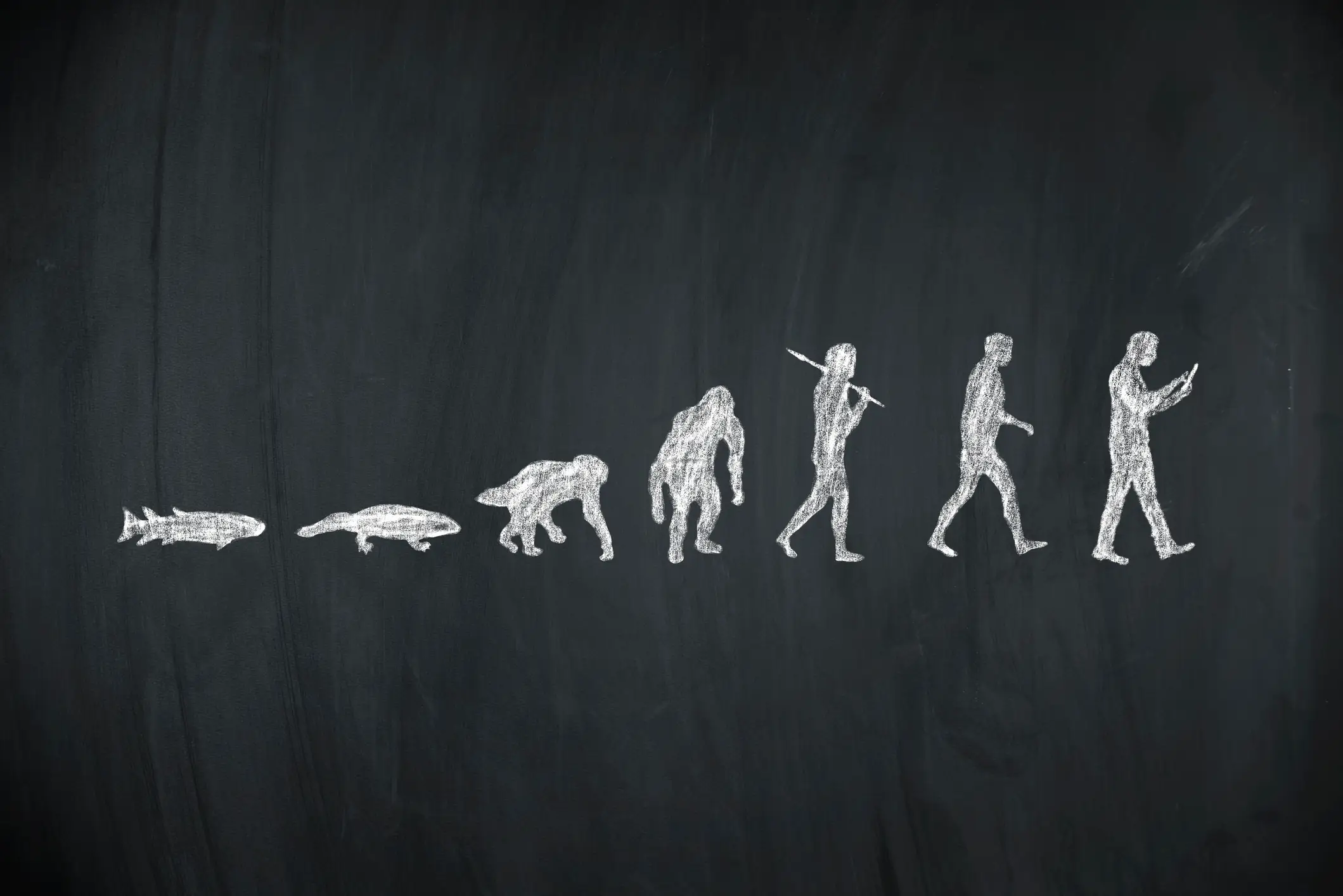
Did you know that humanity's forebears were once on the verge of total extinction?
Not only that, but they were apparently an endangered species for thousands of years.
A study published last year in the journal Science looked at a time period around 800,000 to 900,000 years ago, long before our ancestors evolved into what we call Homo sapiens.

Advert
Before the period in question, the study says there were around 58,600 to 135,000 breeding individuals among our human ancestors - then at one point, that number fell off a cliff.
Apparently, this number plummeted to an estimated 1,280 - where it remained roughly steady for around 100,000 years, leaving our ancestors on the brink of extinction.
Its most likely explanation, according to the study, was a period of extreme cooling, as well as droughts.
These two factors combined to reduce the pool of surviving food sources for our ancestors, including the deaths of other species they might have eaten.
This apparently left our ancestors scrounging to survive for a long period of time - so it's even more miraculous that not only they pulled through, but then started to thrive.
There are plenty of potential ramifications from this period of low population, according to the paper, including the possibility that it had an impact on the evolution of Homo sapiens by constricting the number of breeding partners available to the gene pool.

The research and its conclusions are based on genetic samples from modern humans, tracking how they varied in complex ways to draw conclusions, and it prompted a lot of discussion.
While plenty of researchers seem interested in the results and willing to use them for further study, others suggest it might be a little too broad.
Aaron Ragsdale, a population geneticist at the University of Wisconsin–Madison, told History.com: "This paper was met with quite a bit of skepticism within the scientific community."
He went on: "I would like to see these results corroborated by independent methods and for the results to be validated with different features of genetic data."
So, not everyone has been totally won over by the study's conclusions, but it's still fascinating to imagine our ancestors struggling to survive with a total population that would fit into a couple of blocks of Manhattan - or wouldn't even come close to filling a mega-building in modern China.